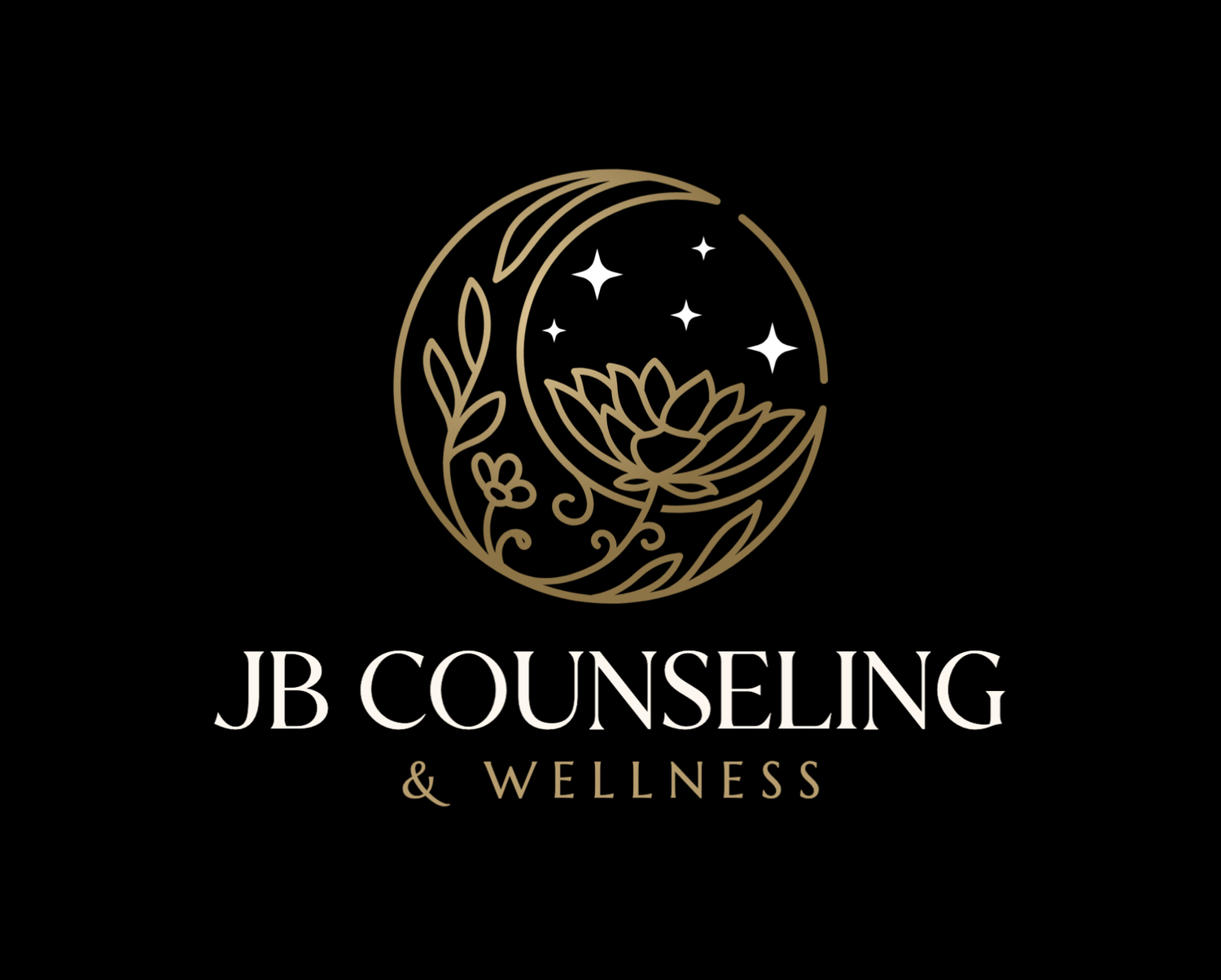SERVICES & SPECIALTIES
Compassionate Counseling for Life's Toughest Challenges

Infertility Counseling
What Is Infertility
&
How Common Is It?
Navigating the process of family building while struggling with infertility often comes with feelings of grief, frustration, anxiety, and isolation.
Infertility is defined as the inability to conceive after one year of trying (or six months for individuals over 35). It can result from a variety of factors including age, hormonal concerns, structural issues, genetic conditions, or unexplained causes. Infertility affects both men and women, with approximately:
1 in 6 couples worldwide experience infertility at some point in their reproductive years.
30% of cases attributed to male infertility factors
30% of cases attributed to female infertility factors
30% attributed to combined male/female factors or remaining unexplained
For those facing infertility, the emotional toll can be significant, impacting self-esteem, relationships, and mental health. This is where infertility counseling can play a crucial role.
Are you feeling overwhelmed by the emotional ups and downs of infertility? Infertility is not just a medical challenge—it’s a deeply personal journey that can affect every part of your life. The constant frustration and silent struggles may bring feelings of hopelessness, making it hard to hold onto the dream of becoming a parent.
It can seem like everyone else is easily building families, which only intensifies feelings of isolation and loneliness. On top of this, the stress of deciding on treatment options, worrying about outcomes, coping with potential setbacks, and managing the financial strain can create ongoing anxiety and uncertainty.
How Can a Therapist Trained in Infertility Counseling Help?
Infertility counseling provides a safe space to process emotions, explore options, and develop coping strategies. A therapist trained in infertility can help in several key ways:
1. Emotional Support
The journey of trying to conceive can feel emotionally draining and overwhelming. Counseling provides a safe space to process feelings of grief, loss, guilt, and anxiety while learning healthy ways to manage stress and protect your well-being.
2. Relationship and Communication Guidance
Infertility can place strain on even the strongest relationships, as each partner experiences the journey differently. Counseling helps couples communicate more openly, understand one another’s needs, and strengthen their bond while navigating this difficult time together.
3. Decision-Making Support
Facing choices about fertility treatments, adoption, surrogacy, or other family-building options can feel daunting. Counseling can help you clarify your values, explore your options, and make decisions that align with your emotional and financial well-being.
4. Support Through Medical Treatments
Treatments such as IVF, IUI, and hormone therapies often bring stress, uncertainty, and emotional highs and lows. Counseling offers guidance and support throughout the process, helping you cope with expectations and find steadiness along the way.
5. Grief Support
Grief is a common and natural part of infertility—whether it’s the loss of pregnancy, the loss of how you imagined your journey would look, or the strain on relationships. Counseling provides compassionate support as you process these losses and begin to heal.
Pregnancy Loss & Grief Support
Sadly, pregnancy loss is not uncommon when trying to build your family. Whether you are coping with miscarriage, managing recurrent pregnancy loss, selective reduction, termination for medical reasons, or stillbirth, these experiences can bring profound grief and heartache. Therapists trained in fertility counseling understand the unique layers of this pain and provide compassionate support, guidance, and therapeutic tools to help you process and heal.
Are you pregnant or postpartum after a history with infertility or pregnancy loss?
You finally see a positive pregnancy test—the moment you’ve been waiting for—yet instead of pure joy, you find yourself feeling sadness, fear, and worry. If you’re carrying these emotions alongside the weight of past struggles, know that you are not alone.
Parenthood is a dream many hold close to their hearts, but the journey doesn’t always unfold the way we imagined. Even after investing so much of yourself—your time, finances, and hope—you may still find the road filled with heartbreak, setbacks, and unanswered questions. These unexpected turns can feel overwhelming, straining relationships and leaving you burdened with difficult choices.
It’s natural to question whether you’re making the right decisions and to wonder what the future holds. For some, treatment challenges or medical conditions may lead to exploring other paths such as surrogacy, donor eggs, or donor sperm. No matter where your journey takes you, your feelings are valid—and you don’t have to walk this path on your own.
How can counseling help?
Counseling offers a safe and supportive space to navigate the challenges of infertility. Together, we can work on:
Coping Strategies: Learn practical tools to manage stress, overwhelming emotions, and the unique challenges that come with infertility.
Strengthening Relationships: Improve communication and understanding between partners, helping you support each other through this journey.
Processing Grief: Explore and work through the grief and emotional stages that may arise during this process.
Finding Support: Connect with networks, groups, or individuals who truly understand what you’re going through.
Prioritizing Self-Care: Emphasize practices that protect your emotional and physical well-being.
Reducing Anxiety & Depression: Address the emotional toll of infertility while building resilience.
Challenging Stigma: Explore and work through cultural or societal pressures surrounding infertility.
Decision-Making Support: Receive guidance as you consider fertility treatments or alternative family-building options such as surrogacy, adoption, or donor paths.





